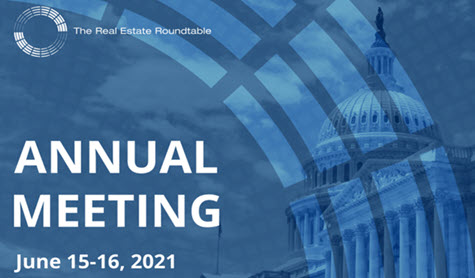
House Democrats on Sept. 21 passed a short-term funding bill that would keep federal agencies open until Dec. 3 while suspending the debt limit through December 2022. The bill, passed on a party-line vote (220-211) faces bleak chances of Senate approval, where 60 votes are needed to avoid a filibuster in the evenly divided upper chamber. Republicans object to linking the debt ceiling to FY22 government funding.
Shutdown, Default Loom
- The short-term bill to extend funding for government operations at current levels, known as a Continuing Resolution (CR), would avoid a partial government shutdown on Oct. 1. Funding for programs affecting national flood insurance and surface transportation are also scheduled to expire Sept. 30.
- Senate Minority Leader Mitch McConnell (R-KY) stated Democrats need to separate the CR from legislation that would suspend or increase the debt limit, which the GOP will not support. (Louisville Courier-Journal, Sept. 23)
- Meanwhile, Treasury Secretary Janet Yellen issued a stark warning to policymakers that they must raise or suspend the debt ceiling as soon as possible – or the federal government will default on its financial obligations sometime in October. (Wall Street Journal, Sept. 19 and Reuters, Sept. 22)
- Yellen stated, “Doing so would likely precipitate a historic financial crisis that would compound the damage of the continuing public health emergency. Default could trigger a spike in interest rates, a steep drop in stock prices and other financial turmoil. Our current economic recovery would reverse into recession, with billions of dollars of growth and millions of jobs lost.”
- Treasury has been spending down its reserves since Aug. 1, when the current two-year debt ceiling suspension ended. Yellen warned that hitting the debt ceiling would result in a halt of social security payments to nearly 50 million seniors for a time. Additionally, troops could go unpaid and millions of families who rely on the monthly child tax credit could see delays. (Axios, Sept. 23)
- A coalition of 13 real estate trade organizations, including The Roundtable, last week urged congressional leaders to raise the statutory debt limit as soon as possible. The letter stated, “Given the more than $8.6 trillion in mortgage debt backed by the federal government through Fannie Mae, Freddie Mac, Ginnie Mae and other federal agencies, the housing and real estate markets are particularly susceptible to any instability stemming from concern about the U.S. meeting its financial obligations.” (Coalition letter, Sept. 16)
Policymakers face the debt ceiling and FY22 government funding deadlines next week as Democrats struggle to advance sprawling legislative bills on infrastructure (see Infrastructure story above).
# # #







